Diversity of Thought for a Stronger Force
On his unpredictable path of graduating from Bowie State University’s Army ROTC, followed by a 27-year run with the Army Signal Corps, Kenneth C. McNeill currently serves as the National Guard chief information officer (CIO) and director of the Command, Control, Communications and Computers (C4) Systems Directorate.
Notably, McNeill is the first African American Senior Executive Service member and CIO at the National Guard. His experiences and lessons learned help shape his leadership styles to create and empower a diverse team of troops.
SIGNAL Media is speaking with pioneers in their respective fields in an ongoing project to highlight workforce diversity efforts.
According to the 2020 Department of Defense (DoD) demographics report, 16% of the military community identified as Black/African American with the number of active duty personnel who identified as part of a racial minority group increasing over the years. The document cites the number went up between 2010 to 2020, from 31.4% to 32.6% of enlisted members and 22.7% to 24.2% of officers.
The increases might not appear staggering, but they are important as diversity recruiting efforts are indicative of a military looking to better reflect the proverbial “fabric of America.” Trailblazers of equity and inclusivity efforts are the driving force behind not just more inclusive workplaces, but of national security—for a stronger military offers a stronger nation.
Success means providing opportunities to others, McNeill said in November as a panelist at the inaugural AFCEA diversity event co-hosted with the Fort Belvoir Chapter in Virginia.
“The National Guard is made up of 54 states and territories and the District of Columbia; that’s a very diverse organization that has to reflect America, this great country,” McNeill said during the event. “When you walk in my organization … you see a reflection of what this nation looks like. I understand that it takes time to get there.”
During a recent interview with SIGNAL Media to further the discussion, McNeill recognized the tremendous shift in workplace diversity and acceptance since the 1960s, noting the various practices and policies to improve and equalize hiring and employment practices for underrepresented workers have netted positive results.
“In today’s time, it’s all about the qualifications, because no individual wants to, you know, feel that they were a token hire,” McNeill said during the interview. “You can’t afford to do that; it would stick out very quickly ... It doesn’t matter where you come from, it doesn’t matter your background; if you’re qualified, you’re going to be given an opportunity. Obviously, there’s always room for improvement,” McNeill continued.
While many organizations continue with diversification efforts, McNeill said,“it is not just diversity of color and gender; it’s the diversity of thought.”
Focusing on making offices more diverse is not a sign of weakness or problems within an organization, McNeill said, attempting to dispel such myths. Avoiding the conversation is more indicative of someone in the room likely feeling uncomfortable—all the more reason for open dialogue, McNeill added.
“Having a discussion means that you have a voice … it is such a positive thing for an organization; it can only be something that helps.”
Within the National Guard, McNeill prides himself on creating an open space for all members to partake in these necessary conversations. “We as leaders have to do a better job with that dialogue," McNeill said, stating that if a leader is uncomfortable with the discussion, the team will only follow.
“If a subordinate or a teammate sees you treat a person in a less than dignified way, they may feel that they can act that way, too,” he explained.
Consequently, McNeill said a diverse group of people creates an understanding of what is and isn’t acceptable among different nationalities and cultures.
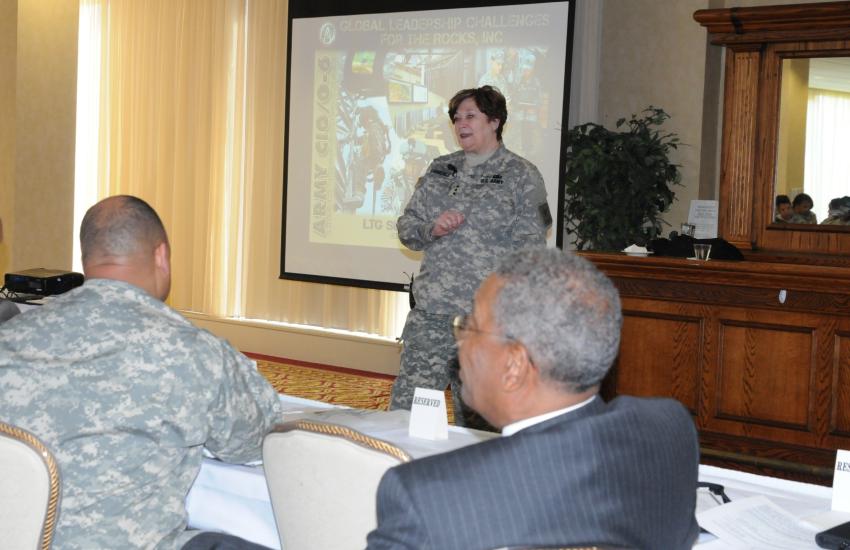
For McNeill, people such as Chief of Staff of the Air Force Gen. Charles Q. Brown Jr., and AFCEA International’s very own president and CEO, Lt. Gen. Susan S. Lawrence, USA (Ret.), give hope for a brighter future.
“Gen. Lawrence probably faced more adversity than I would ever face,” McNeill explained. Gen. Lawrence was named the first female CIO and G6 of the Army, and now is the first female president and CEO at AFCEA International.
Individuals such as Gen. Lawrence pave the way for others to succeed, McNeill pointed out. “Gen. Lawrence doesn’t have the same skin color as me … but she was instrumental in my career,” he continued. Empowerment and progression do not have to be constrained within the walls of one’s respective community, McNeill emphasized. “[Lt. Gen. Lawrence] mentored me.”
Gen. Lawrence, whose high school senior year homecoming was abruptly overshadowed by her boyfriend’s death, was a 17-year-old waitress at a local café with not-so-great grades and parents with no means to send her to college. “So, I was kind of lost as to what was going to be next in my life,” she told SIGNAL Media during a Disruptive by Design podcast episode, titled “Wouldn’t It Be Nice If We Could Stop Saying ‘The First...’”
Embarking on her military journey as a stenographer to being commissioned into the Signal Corps, Gen. Lawrence became a trailblazing leader who used her voice to propel others, like McNeill, forward.
During the podcast, Gen. Lawrence recalled the moment her AFCEA position was first announced–the first woman CEO in the association’s 75-year history–drew a commenter to post on LinkedIn: “Won’t it be great when we no longer have to say, ‘the first’?”
“That really resonated with me,” Gen. Lawrence stated. Referencing AFCEA’s 138 chapters worldwide, Gen. Lawrence asked, “What can we do to better promote inclusion, diversity, equity and accessibility [IDEA]?”
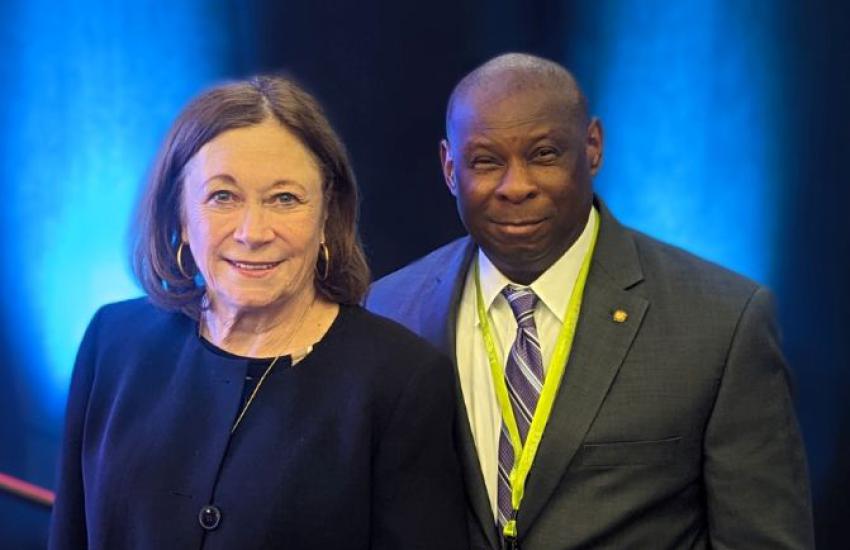
With a strong team by her side, Gen. Lawrence helped spearhead the effort to stand up an advisory council and committee focused on IDEA. Her mentee, McNeill, was a panel speaker at the Diversity in the Workforce: An AFCEA IDEA Event at Belvoir Industry Days in November.
McNeill, who noted his glass-half-full personality type, said his hope is for the lack of need for conversations centered around diversity in the future.
Citing his own historical titles, he added, “I am the first; I work hard and have a great team over here supporting me, because no one wants to be the last.”
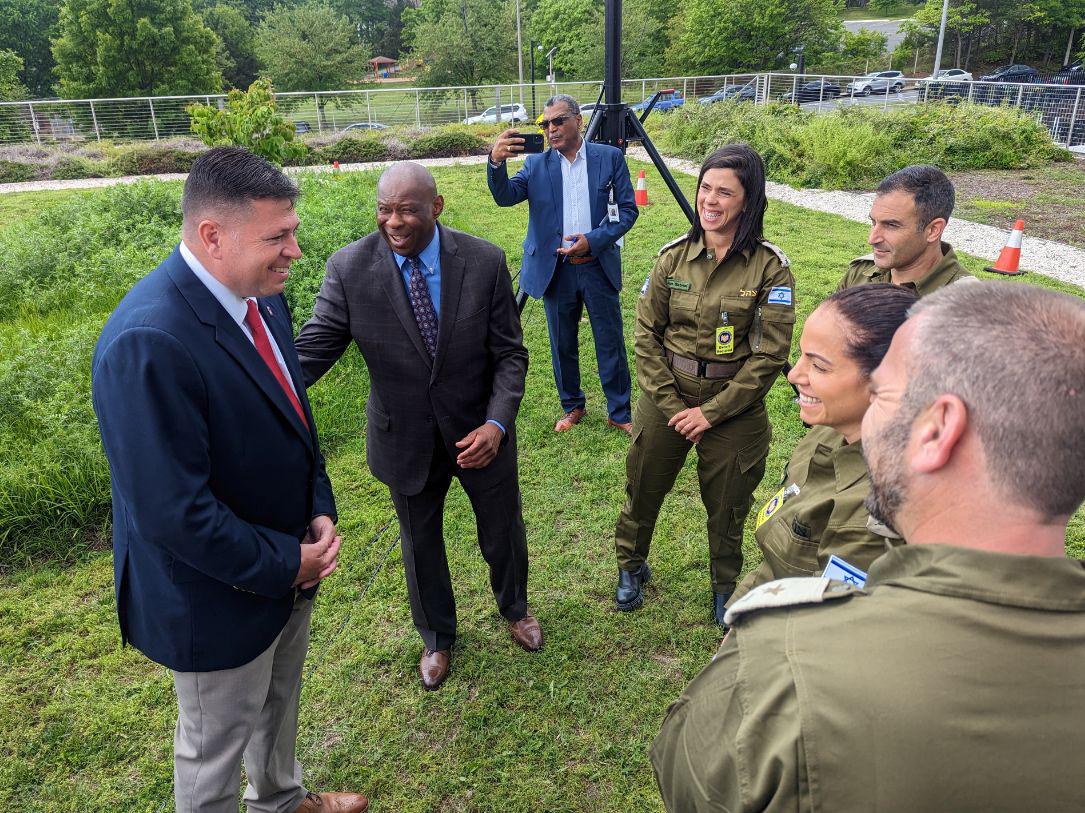
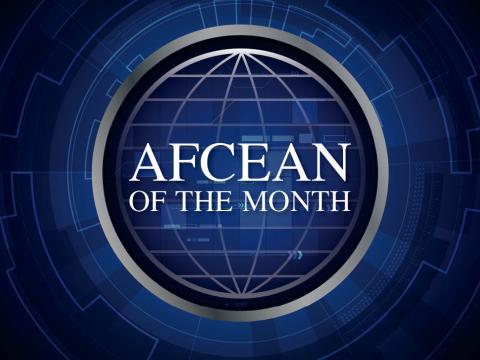

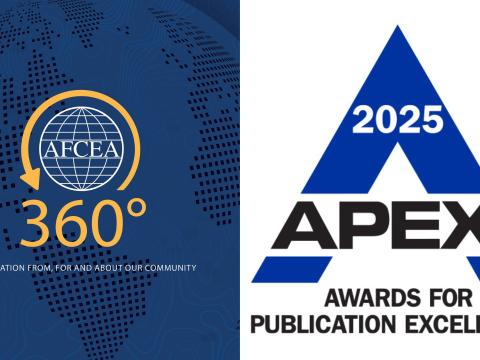
Comments